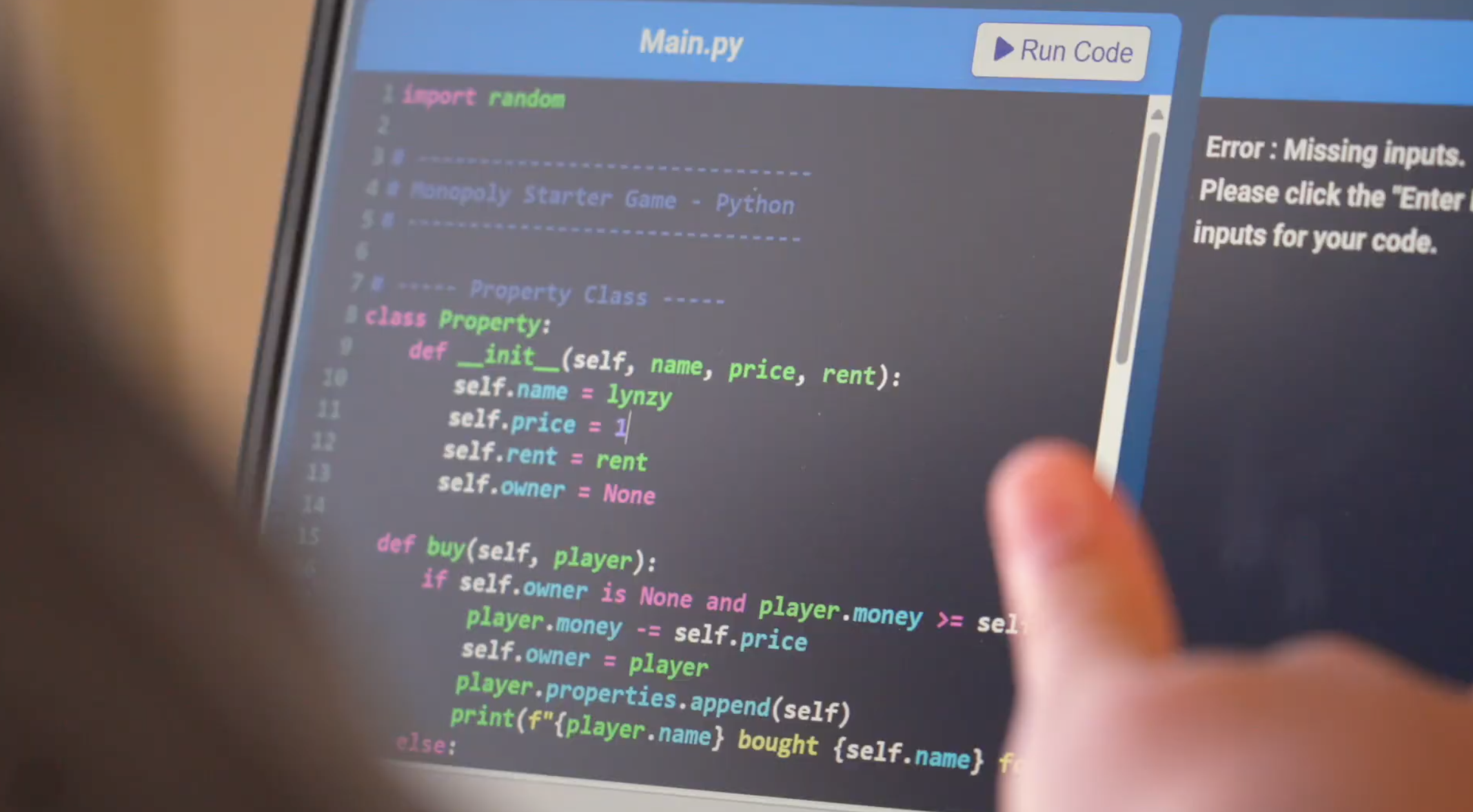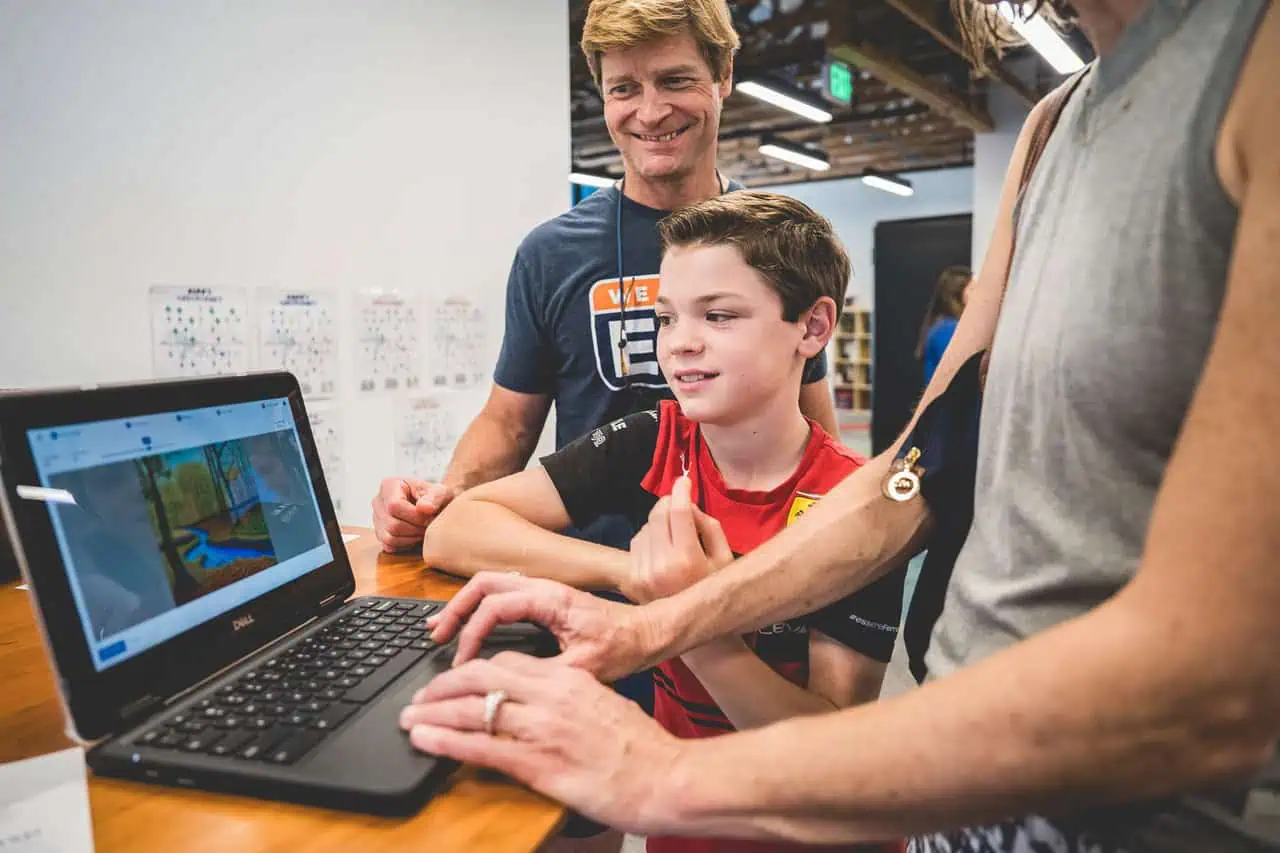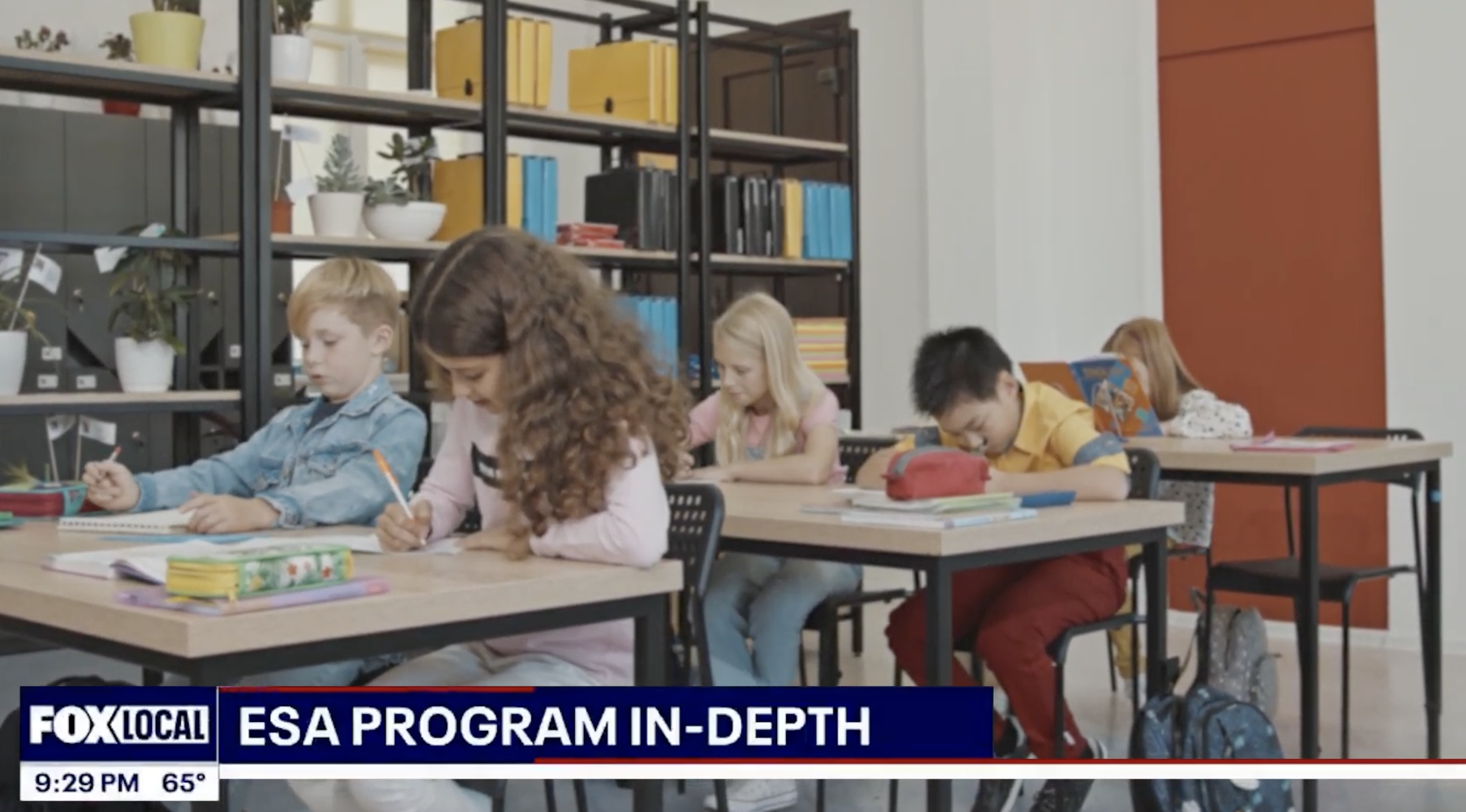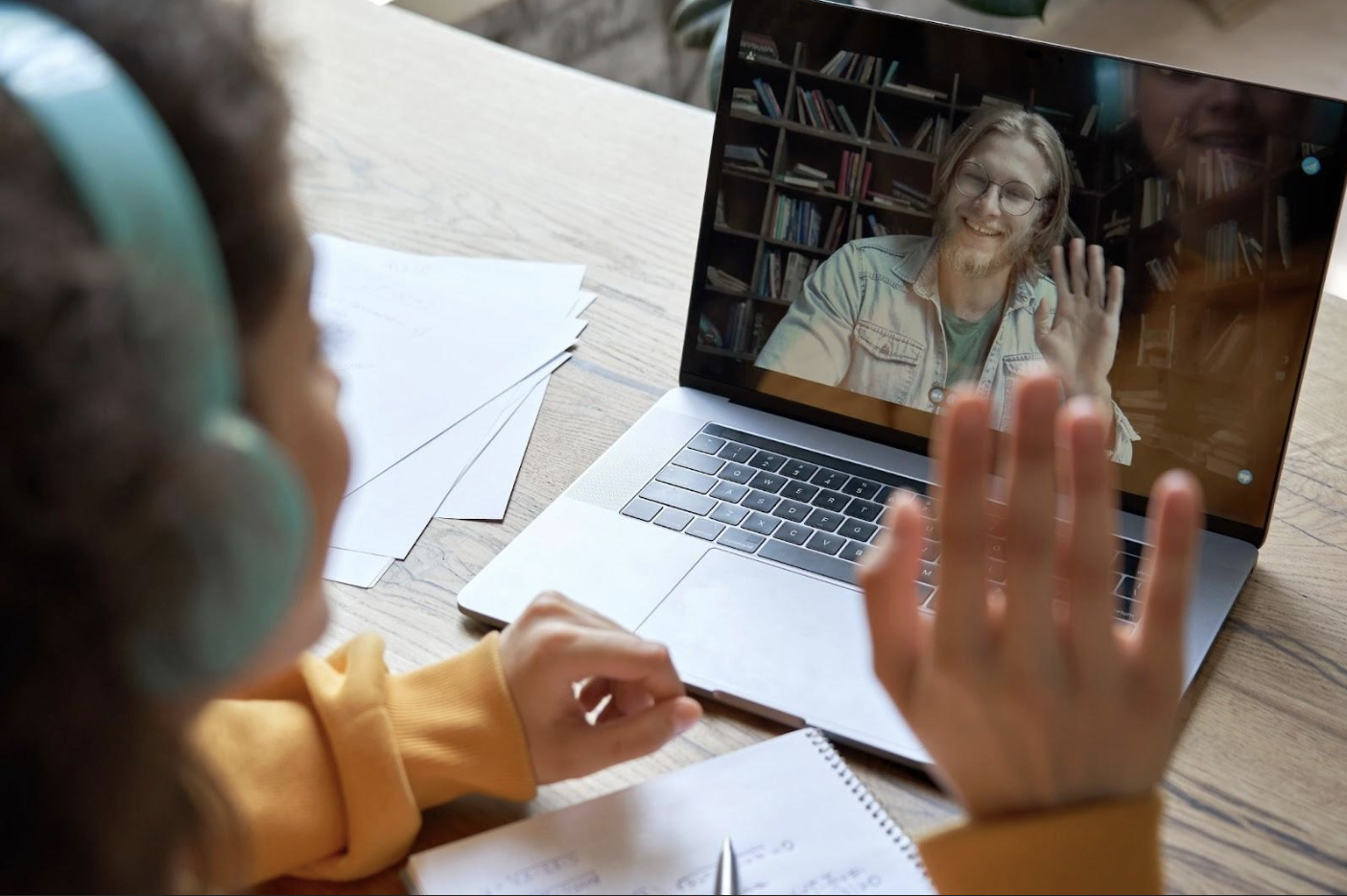It’s a very reasonable assumption that a student with a 4.0 GPA and perfect SAT scores would excel at basic professional tasks.
You couldn’t be further from the truth.
These high academic achievers routinely enter the workforce unable to manage deadlines, present ideas confidently, or solve problems that lack predetermined solutions. This isn't a failure of any one individual—it’s a flaw in the design of our educational system, and it's one that’s largely overlooked because we're measuring the wrong outcomes.
The disconnect becomes even clearer when you look at what employers at Fortune 500 companies report about recent graduates. These students arrive with impressive technical knowledge, but lack practical judgment, creative problem-solving abilities, and communication skills needed to succeed in the workplace. This pattern repeats across industries and suggests something fundamental about how traditional education operates.
What Traditional Schools Sacrifice in Chasing Test Scores
The epidemic of students’ academic prowess not translating into future career success is a massive issue that we as educators and parents need to address. But where exactly does this gap first appear?
The answer: Middle and upper-grade testing culture.
Every minute educators and tutors spend stressing over preparing kids for the next state test or pop quiz is a minute not spent on developing practical capabilities. Schools purposefully make this trade-off with every lesson, prioritizing measurable academic metrics over building critical life skills.
Think back to the yearly chats you have with your child about picking classes. This trend influences that conversation, as creative arts programs fade in favor of math or science instruction. Hands-on science labs get replaced with textbook exercises, and reading comprehension gets cut. Business and entrepreneurship classes vanish, while abstract, textbook-based economics classes take their place.
The few “real-world” experiences that survive this process are often sanitized simulations. For example, students in AP American Government class participate in mock trials as part of their curriculum. These trials follow predetermined scripts with set “right answers,” rather than asking students to engage with actual legal complexities like they would if they worked on real court cases.
These simulations teach academic skills disguised as practical experience. Students learn to research, write, and present ideas—valuable capabilities, but ones they could develop through authentic projects that also build entrepreneurial thinking and risk assessment. A student who writes a research paper about marketing learns entirely different skills than a student who actually sells products to paying customers.
How We Rebuilt Education Around Authentic Skill Development
Now that we’ve established how traditional education fails to teach real-world skills, what can we do to remedy this epidemic?
At Novatio, we realized that simply adding a few real-world components to traditional education won’t solve the core problem. The entire model needs to be rebuilt—one centered around practical skill development while maintaining academic excellence.
Our solution? Efficient morning sessions focused on core academics, powered by AI tools and personalized teaching from educators trained to meet each student’s unique needs and strengths.
In the afternoon, students work on Novatio Clubs, where they build passion projects aligned with their interests. These projects span multiple months and have genuine stakes—real customers, actual revenue potential, and tangible community impact. No busy-work assignments, no artificial deadlines. Just real-world learning that mirrors the challenges of the professional world.
This project-based approach develops agency—the ability to identify opportunities, design solutions, and execute plans independently. Students learn to ask different questions: What problems need solving? What resources do I need? Who can I collaborate with? How will I measure success? These thought processes fuel entrepreneurship and innovation.
By the time they graduate, Novatio students have launched businesses, published articles, built functional applications, and completed impactful community service projects. They’ve learned to present without notes, collaborate with adults, and persist through months-long projects. They understand money, marketing, and project management through hands-on experience, not just textbook-based learning.
Ultimately, When You Ask These Questions, Novatio Has the Answer
Ultimately, when you, as a parent and educator, understand this difference in preparation, the critical questions to ask become:
- Does this school provide opportunities for authentic skill development?
- Will my child graduate with real accomplishments and practical capabilities?
- Are students learning to identify and solve problems independently?
These questions have no easy answer—but they are key in today’s ever-evolving world of education. At Novatio, we’ve built an educational experience around these principles, helping students develop the skills they need to thrive in the real world.
If these are the questions that matter to you, then it’s time to consider a school that’s built for the future—Novatio.










